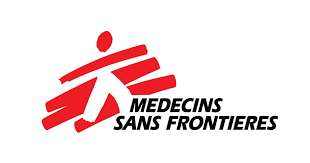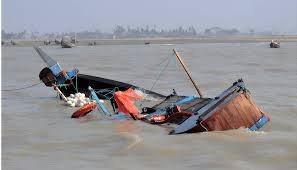Médecins Sans Frontières (MSF), also known as Doctors Without Borders, has revealed a severe malnutrition crisis in Katsina State, Northern Nigeria, where over 100,000 malnourished children have received treatment between January and September 2024.
In a report released Friday, MSF disclosed that admissions to its therapeutic treatment centres in Katsina have surged by 20% compared to the same period last year.
Hospitalizations for severe malnutrition have increased by more than 50%, with over 800 children succumbing to the most critical conditions during the first nine months of the year.
A recent survey conducted by MSF in collaboration with its epidemiology arm, Epicentre, and the Katsina State Ministry of Health painted a grim picture.
Conducted in three local government areas Katsina, Jibia, and Mashi, the survey revealed that more than 30% of children under five suffer from global acute malnutrition (GAM), with severe acute malnutrition rates ranging from 6.8% to 14.4%.
“These survey results are terrifying,” said Dr. Raphael Kananga, MSF’s Medical Coordinator. “We are moving from critical to extremely critical levels. In one area, Mashi LGA, 14% of children were found to be severely malnourished. This level of malnutrition is catastrophic, and immediate action is needed to prevent further loss of life.”
According to MSF, the malnutrition crisis in Katsina is part of a broader emergency across Northern Nigeria, with aid falling far short of the growing needs.
From January to September 2024, MSF treated 294,000 children for malnutrition in seven northern states, a 43% increase from the same period in 2023.
Economic challenges such as high inflation, currency devaluation, and reduced agricultural yields have exacerbated food insecurity in the region.
Additionally, insecurity and climate change continue to disrupt livelihoods, leaving families unable to access adequate nutrition.
MSF raised concerns about global funding cuts, which have limited the availability of therapeutic food used to treat malnutrition. In some areas, like Zamfara State, supplies have been insufficient since March, further compounding the crisis.
Despite the alarming figures, Northern Nigeria, including Katsina, remains excluded from the United Nations’ humanitarian response plan for the country.
MSF has urged the Nigerian government, international organizations, and donors to act swiftly to prevent a more devastating catastrophe in 2025.
Dr. Simba Tirima, MSF’s Country Representative, emphasized the urgency of the situation. “Without meaningful and immediate action, the situation will deteriorate further. Increased funding, reliable therapeutic food supplies, and expanded aid programs are crucial to saving lives.”
MSF continues to run 10 inpatient facilities and over 30 outpatient feeding centers across seven northern states, including Katsina, Zamfara, Kebbi, and Borno, to address the crisis. However, the organization warns that without enhanced support, the malnutrition crisis could claim even more lives in the coming year.



